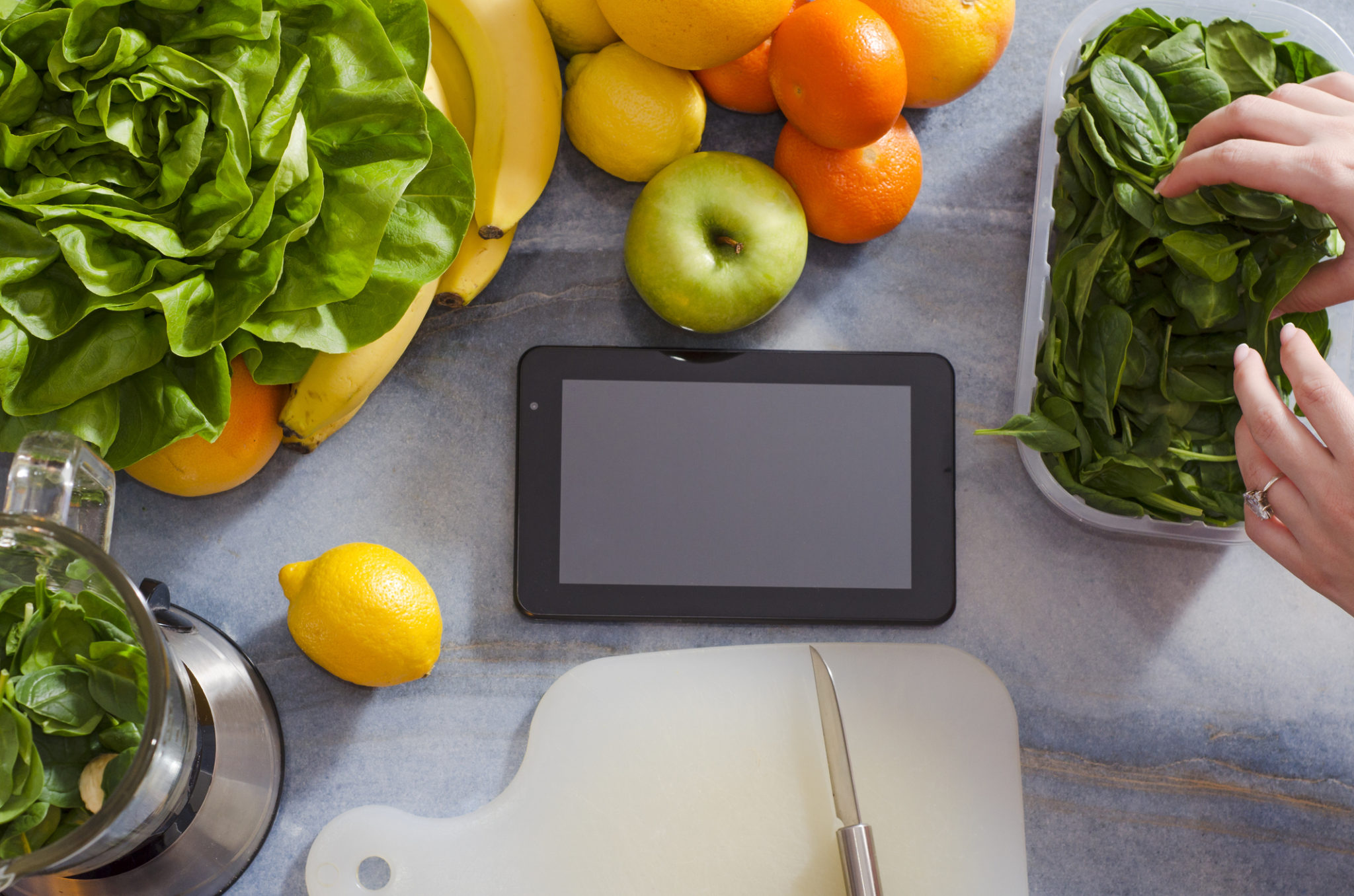In cooking demonstrations, chefs get a chance to show off their culinary skills to a crowd of hungry guests. But these demos just aren’t about feeding diners; they’re a great way to promote yourself and the restaurant where you’re employed. If you’d like to hold your own cooking demo, consider these four helpful tips:
“The key to any successful demo is planning ahead.”
1. Always look ahead
The key to any successful demo is planning ahead. To begin, go over whatever recipe you’re preparing and make sure you have all the steps down pat. Take the time to decide what ingredients you’re going to use to ensure you get the results you want. It’s also a good idea to practice making the dish a couple times; that way, you know what to do and can address any issues or mistakes that could pop up. Practicing in front of one or two people can also simulate the real thing.
2. Be a showman
A cooking demo shouldn’t be just about how well you whip up some beef stroganoff. People want to feel excited or engaged during the process, and so you need to be charismatic and entertaining. Simple steps like smiling or cracking a joke between explaining your actions can go a long way. Some chefs will even pluck a volunteer from the crowd to help them, and that can be just as appealing to a crowd. No matter what, though, if a crowd can see how much you love cooking, then you’ve already won half the battle. As an extension of this, use the time between steps – perhaps as a pot is simmering – to continue to draw people into your demo.
3. Consider your dishes carefully
People aren’t going to watch you cook without good reasons. More than entertaining them, you have to make them feel like their time is being used effectively. Keep this in mind as you decide what dish you’re going to prepare. You don’t always have to choose something that’s colorful or flashy, though that’s often a good idea. Instead, whipping up something more healthy might be a way to get people interested.
4. Know your venues
Where the demo is held is often as important as what you’re cooking. Food festivals and similar conventions are always popular destinations for these demos. But before you sign up, consider a few things. For instance, are there going to be a lot of people there? If not, it might not be worth the time. You should also take into account the other chefs demoing; having “competition” may change how you approach the event. Your time can be limited, and you need to make sure your demos have the biggest impact possible.





